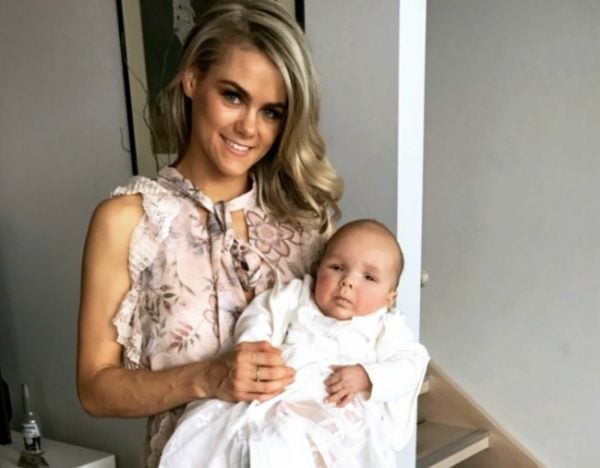Being a mum is really hard work. Any mum will tell you that and you really don’t get it (and probably can’t appreciate it) until you actually become a mum yourself. But being a mum to a child with additional needs is even bloody harder and it’d be a brave move to challenge me, or any other mum raising an atypical child on that one; I dare you.
I read something written by another mother last week about what it feels like when initially embarking on the reluctant journey of learning to parent a child with a diagnosis. She wrote:
“It felt like I lived on my own island. I was desperate to shout from that island, to write giant letters in the sand and call out ‘Anyone else? Anyone out there?”
Thankfully, I learnt that there was.
When I first started writing about raising Georgia, my now 9-month-old daughter who has Sotos Syndrome, I felt like I was standing on the waters edge of that island desperately staring through giant binoculars searching for other signs of life out there. Fortunately, it didn’t take long before boats started to emerge on the horizon, full of my people. Mothers, fathers, parents, all dealing with the exact same sh** my husband and I were going through; not your average first time parenting sh**.



